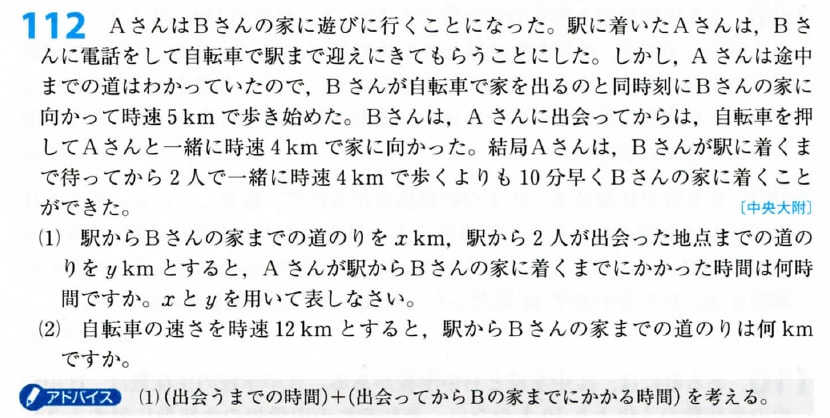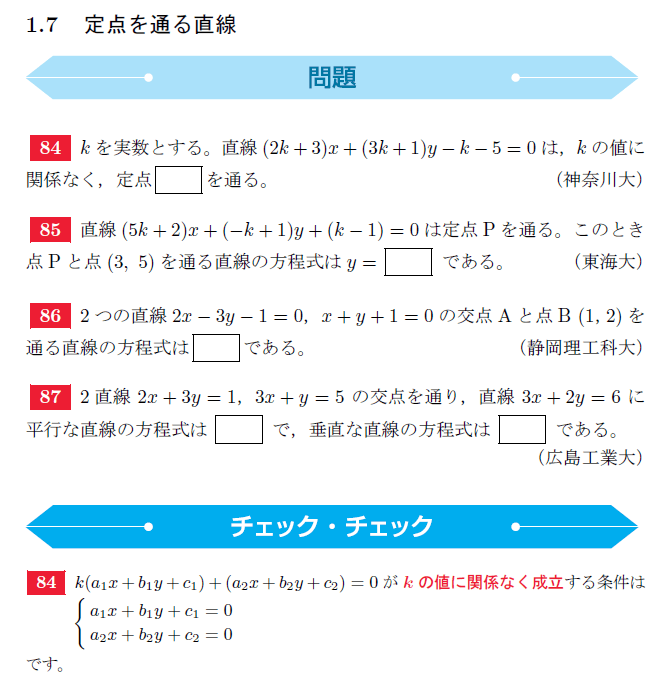Exercises 6
1. 日本語に合うように( )内の語句を並べかえなさい.
1) 赤ん坊をひとりぼっちにしておくのは軽率だと思う.
I think it (a baby, leave, thoughtless, alone, to).
2) だれも部屋にいないなんて変だと思った.
I thought (there, strange, was, it, in the room, that, no one).
3) 英語のつづりかたを暗記するのは難しいとわかっている.
I find (spelling, memorize, it, difficult, to, English).
4) その質問に答えるのは簡単だとわかった.
(the, easy, found, question, I, it, answer, to).
*5) 君は当然昼ごはんを済ませたと思っていたよ.
I (granted, you, took, that, had eaten, it, for, your lunch).
2. 次の各文を日本語に直しなさい.
1) I feel it my duty to take care of my parents.
2) I find it interesting to read science fiction.
3) I think it necessary that we cooperate with each other.
4) I consider it possible that she gets a driver's license.
*5) Don't take it for granted that every foreigner can speak English.
3. ペンギンは鳥か?
The first people to see penguins found it difficult to classify them, although their interest in these creatures was only as food. Were they animals or birds? In fact, the penguin is a swimming and diving bird which lost the power of flight early in its evolution.
文章6 国家というフィクション? 東京大学
ヨーロッパ【中世】の人々には、国家という観念や国民としての意識はなかった。彼らはキリスト教の神に対する厚い信仰心のもとに生活を営んでおり、その価値観は宗教の影響を強く受けていた。しかし、十八世紀後半に起こった【ナショナリズム】、すなわち民族主義の概念は人々を宗教や身分制度から解放した。【世俗化】によって宗教支配や宗教に対する信仰心から解き放たれた人々は、民族の言語や文化、伝統のもとに国民として統一されることになる。そして、自国の文化や伝統を崇拝する気持ちが、それまで宗教に向かっていた信仰心に取って代わることとなる。また、階級差がなくなったことで国政にも主体的に参加するようになる。ナショナリズムという語の原義であるネーションには国民や国家という意味があるが、ナショナリズムはまさに人々を【国民国家】のもとに組織しようとする概念なのである。
同一の言語や歴史、文化を持つ民族が一つの国家に属しているという考えは、近代になって初めて現れたものである。しかし、国民国家という概念が近代以降の産物であるという事実は、言い換えれば、国民や国家、そしてそれらを統一するためにあった歴史や伝統などが、創出されたものでもあるということなのだ。ナショナリズムや国民国家に正当性を与えるために創られた伝統や文化、制度のなかにいるとはどういうことか。例えば、一つの言語、一つの文化のもとに単一の統一体としての民族を創り出すことは、多言語、多文化を自らの国家から排除する動きに容易につながる。また、国際社会のなかにあっても他の民族の権利や利害を軽視することは、民族や国家間の戦いを生み出す原因となるかもしれない。曖昧(あいまい)な実体しか持たない国家や国民という概念の内に危険が孕(はら)まれているということに、われわれは自覚的でなければならないだろう。
Sentence 6 A fiction called a nation? The University of Tokyo
The people of [medieval] Europe did not have the concept of a nation or a national consciousness. They lived with a deep faith in the Christian God, and their sense of values was strongly influenced by religion. However, the concept of nationalism, or nationalism, that emerged in the late eighteenth century liberated people from religion and class systems. [Secularization] liberates people from religious rule and faith in religion, and unites them as a nation under their ethnic language, culture, and traditions. And the feeling of worshiping the culture and traditions of one's own country will replace the faith that had hitherto been directed towards religion. In addition, as class differences disappeared, they began to actively participate in national affairs. Nation, which is the original meaning of the word nationalism, means people or state, but nationalism is exactly the concept of organizing people under the ``nation-state''.
The idea that peoples with the same language, history, and culture belong to one nation only appeared in modern times. However, the fact that the concept of the nation-state is a product of the modern era also means that the nation, the state, and the history and traditions that have been used to unify them have also been created. What does it mean to be in the traditions, cultures and institutions created to give legitimacy to nationalism and nation-states? For example, creating a nation as a single unity based on one language and one culture easily leads to the movement to exclude multilingual and multicultural people from their own nations. Moreover, even in the international community, neglecting the rights and interests of other peoples may cause conflicts between peoples and nations. We must be conscious of the fact that the concept of a state or a nation, which has only vague substance, contains dangers.


















